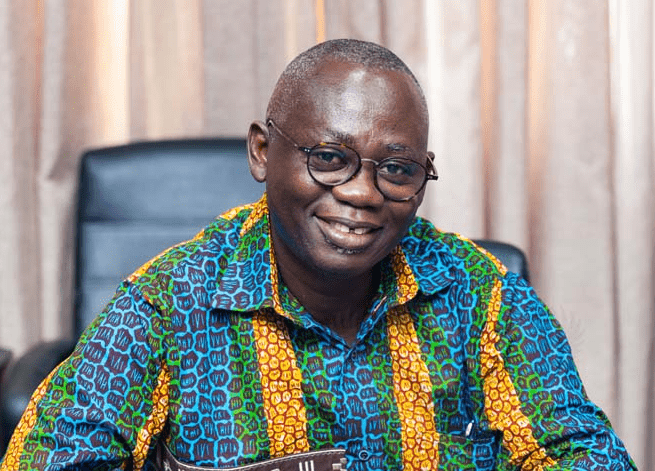Parent-teacher associations (PTAs) have become an integral part of schools to promote and build strong working relationships between teachers or schools and parents, aimed at enhancing the academic environment to improve learning outcomes.
Indeed, PTAs have played such critical roles as the provision of facilities such as pipe-borne water, classrooms, dormitories, means of transport, contributing to enhancement of discipline in schools, among many others.
Their involvement in and consultation with school management and administration has also given parents some insight into professional decisions which would have brought parents and teachers on a collision course, thereby building a cordial relationship between parents and teachers.
Records show that effective PTAs in schools have reflected in schools’ performance and general outlook.
It is not for nothing, therefore, that in the 1980s, especially at the implementation stages of new educational reforms, PTAs, along with school management committees, were made mandatory in schools in Ghana.
The Daily Graphic is aware that the capital-intensive activities of the PTAs need funding and the associations have used innovative ways, mainly the levying of members, to generate revenue for the purpose.
We know that anytime the payment of money by members of an association, organisation or society has arisen, it has done so with attendant misunderstanding and at times strong opposition by members.
Such wrong impression and antagonism have many a time broken the front of very promising organisations, and, perhaps, judging from the important role PTAs play in shaping the future generation, the Ghana Education Service (GES) has periodically reviewed PTA dues and given its seal.
On the contrary, it is here that controversy has arisen across the country over the years.
There have been complaints of a few rich parents imposing the levies to be paid over others.
In fact, judging from the dearth of equipment, infrastructure and learning materials in our schools, every parent who can afford a little contribution to procure some of these needs for the benefit of his/her child will never hesitate to do so.
It is, however, not uncommon to see new executives of PTAs placing on their shoulders a lot of projects in order to be seen to have performed well.
It is obvious that this idea has crowded the minds of some executives, leading them to ignore the plight of poor parents among them.
But the question also arises as to whose money should be used to fund some essential but non-existent projects when a parent refuses to contribute to their execution.
We recall that at the outset of the implementation of the free SHS policy, the Council Chair of the GES had said that PTAs could collect dues as long as their non-payment did not affect the continuous attendance of class by students.
Regrettably, however, there are reports of students facing the wrath of school authorities for non-payment of PTA dues, as learners have been refused access to the classroom. Interestingly, reports suggest that PTA levies have seen huge explosions after the implementation of the programme.
Be that as it may, the GES has suspended the collection of levies under the auspices of PTAs in all public senior high schools and technical/vocational institutions to enable it to streamline and review all such levies.
The Daily Graphic hopes this will be done after thorough consultations with key stakeholders such as parents across the board so that the outcome will enhance education for the benefit of society.

